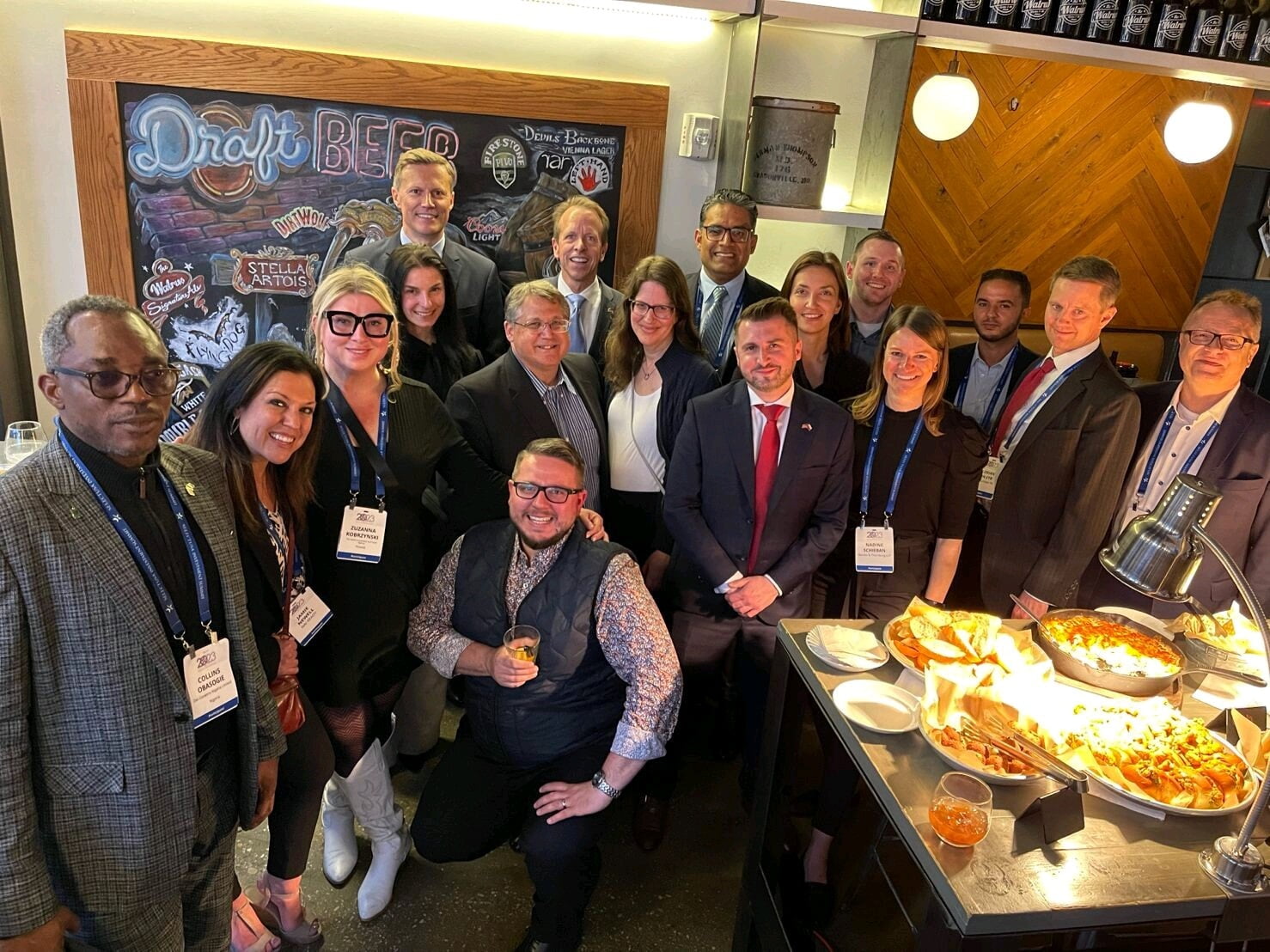
An FDI Case Study for 2024
From 2023 to 2024, the United States experienced an increase in FDI from German automakers due to the EV transition, supply chain adjustments, and business-friendly legislation. Volkswagen's $2 billion Tennessee EV factory, BMW's $1.2 billion South Carolina expansion for EVs and batteries, and over $500 million from suppliers like as Continental and ZF Group to bring them closer to automakers were among the major investments. State and federal incentives also had a role. This surge produced employment, established the United States as an EV center for German companies, and demonstrated how governmental and business pressures can quickly transform cross-border investment in critical areas.
The Rise of EVs
One of the key drivers was the global acceleration of the shift to electric vehicles. As nations passed stronger emissions rules and customer demand for greener transportation choices grew, German automakers wanted to expand their EV manufacturing capacities in key areas such as the United States.
Volkswagen took the lead, announcing a $2 billion investment in 2023 to develop its first dedicated EV production facility in Chattanooga, Tennessee. Meanwhile, BMW expanded its Spartanburg, South Carolina factory with a $1.2 billion investment to create EVs and advanced batteries.
Supply Chain Shifts
There was also an injection of foreign direct investment to support reshoring projects and strengthen supply networks in the aftermath of pandemic-related disruptions. Several significant German suppliers, like Continental and ZF Group, invested more than $500 million in new U.S. facilities to be closer to major automakers.
For example, in 2024, Continental will establish a $180 million manufacturing plant in Michigan to create EV motors and drive systems for Ford, General Motors, and other automakers switching to electric vehicles.
Business-Friendly Policies
Furthermore, state and federal subsidies played an important role in attracting German businesses. Georgia, North Carolina, and Texas successfully courted investment by providing attractive tax cuts, subsidies, and infrastructural support.
At the same time, the United States federal government's measures focused at supporting supply chain onshoring, such as the CHIPS Act for semiconductor fabrication, improved the investment climate.
Looking Ahead
Experts expect that the flood of German automotive FDI will have far-reaching consequences. In addition to producing thousands of new employment in manufacturing hubs such as the South-east, it has established the United States as a top destination for German firms in the critical EV and mobility tech sectors.
Many believe that this will stimulate even greater ancillary FDI from German firms in IT, R&D, and high-end services directly tied to the growing United States. EV cluster.
The German Auto FDI surge from 2023 to 2024 illustrated that aggressive government policies, combined with significant business pressures, may quickly change investment flows in important industries, transforming the future.





